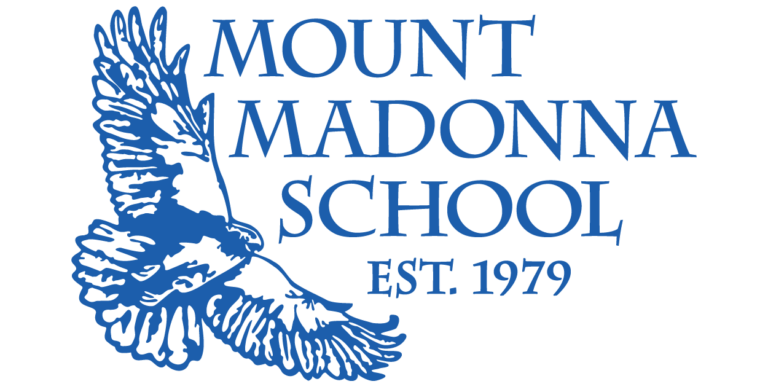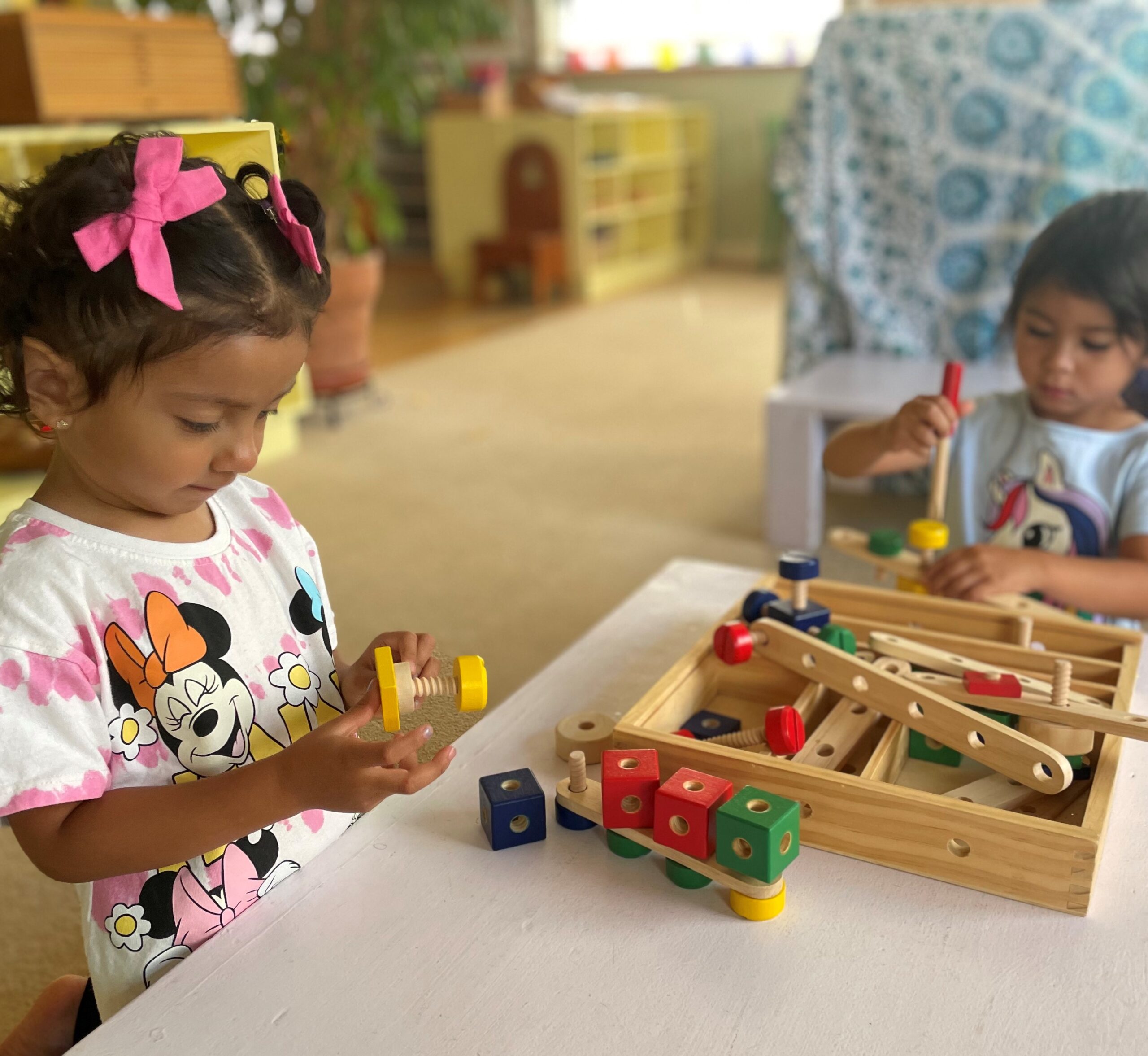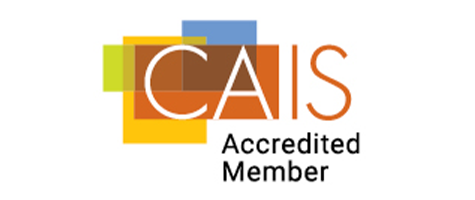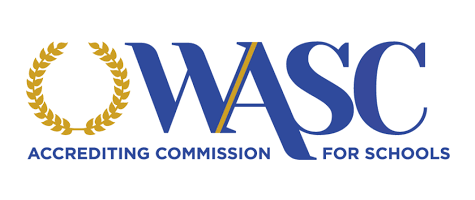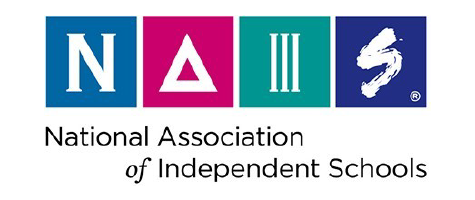 Growing Up in Santa Cruz, February 2023. “The Excavators on the Playground,” by Lisa Catterall.
Growing Up in Santa Cruz, February 2023. “The Excavators on the Playground,” by Lisa Catterall.
I spent three years involved in writing and defending the California Preschool Foundations. State-sponsored preschool is a marvelous concept, and there were hundreds of well-intentioned people who needed to have a say in what the curriculum ought to be. The meetings required microphones and convention centers to accommodate everyone who knew about preschool. I was proud of the results, and very happy that all preschoolers in my state would have strong art, science, physical education and SEL (social-emotional learning).
Years later, specialists in our county were making a learning plan for my preschool daughter with special needs. They pulled out the books I helped write to decide what her goals should be in all eight subjects deemed necessary for preschool.
 I had just come from watching my other daughter at her private preschool. She had not let me take her home until I tasted her pizza. The pizza was an old plate with a carefully smoothed down pat of mud. She took it out of a faded plastic play oven, and she and her friends carefully added rocks and grass for toppings. “Mmmmmmm, pizza! Thank you so much. May I pay you?” They nodded. I solemnly handed them a leaf.
I had just come from watching my other daughter at her private preschool. She had not let me take her home until I tasted her pizza. The pizza was an old plate with a carefully smoothed down pat of mud. She took it out of a faded plastic play oven, and she and her friends carefully added rocks and grass for toppings. “Mmmmmmm, pizza! Thank you so much. May I pay you?” They nodded. I solemnly handed them a leaf.
Up the embankment on the playground, there was a happy buzz floating up from a small group of preschoolers digging and sculpting mud on the slope. They had buckets of water and some old play trucks, and occasionally, they would drive the trucks over their tiny world and dump water down their carefully sculpted river. “They are my little excavators. They love the rain – this time of year is wonderful for kids,” advised their teacher. I thought about the cleanup she might have to do before their parents came to pick them up and I was quite impressed.
I thought about the years I taught college preparatory physics and eighth grade physics. When I got to the coefficient of friction, I would always ask kids to picture playing with a toy car or truck. “You know, when wheels turn, there’s no sliding. There’s a new static surface every second. So. You have to picture that play when you choose which equation to use.”
What if kids stopped playing?
 In high school chemistry, there’s a big difference between solutions and suspensions, and special math about how light goes through colloids.
In high school chemistry, there’s a big difference between solutions and suspensions, and special math about how light goes through colloids.
I watched my daughter as she skipped happily over to her mud kitchen and began to mix me a dirt smoothie. The sunlight shot through swirling motes of dirt in her play cup.
I was writing a new curriculum last month to find new and exciting ways to have kids learn the Next Generation Science Standards in elementary school. One of the most difficult units I encountered was about erosion. It’s something fourth graders are supposed to learn, and schools must impart more knowledge of the changing earth than I learned in my college geology class.
I thought about the excavators and the pizza makers, sliding cakes of dirt and mud around for fun.
 There is no manual we wrote for preschool that gives instructions for play. And yet, I’ve never seen anything to make me think it isn’t the single most important thing to support for preschoolers. Play that is independent, creative, free, and safe. I wonder sometimes if the best use of funds for state preschools might have been spent keeping the ratio of teachers low and the play-yards and classrooms beautiful, safe, natural, and full of interesting and imaginative ways for a small person to investigate their world independently.
There is no manual we wrote for preschool that gives instructions for play. And yet, I’ve never seen anything to make me think it isn’t the single most important thing to support for preschoolers. Play that is independent, creative, free, and safe. I wonder sometimes if the best use of funds for state preschools might have been spent keeping the ratio of teachers low and the play-yards and classrooms beautiful, safe, natural, and full of interesting and imaginative ways for a small person to investigate their world independently.
Educator and historian Diane Ravitch famously said that to improve American education, give every child a musical instrument. I wonder if we should give every preschooler a messy hill full of mud, a shovel, other children, and a kind and watchful adult. I know that all of that curriculum we wrote has enormous value, but I know that children also need to explore the world with all of their senses on their own terms. It’s not easy for an institution or a government to see the connections that something like mud play makes to how humans learn later in life.
The best preschools, however, seem to do it all. There are letters, numbers, art, science, and vocabulary for the taking, but there is plenty of time and space for messy, unstructured play. No matter what, young children never stop learning, no matter where they go or what they do.
###
 Lisa Catterall teaches STEAM, math, science, and art at Mount Madonna School and is a senior associate of the Centers for Research on Creativity. She lectures and trains teachers and administrators on innovation in education in Beijing, China. Lisa has five children and lives in Santa Cruz County.
Lisa Catterall teaches STEAM, math, science, and art at Mount Madonna School and is a senior associate of the Centers for Research on Creativity. She lectures and trains teachers and administrators on innovation in education in Beijing, China. Lisa has five children and lives in Santa Cruz County.
